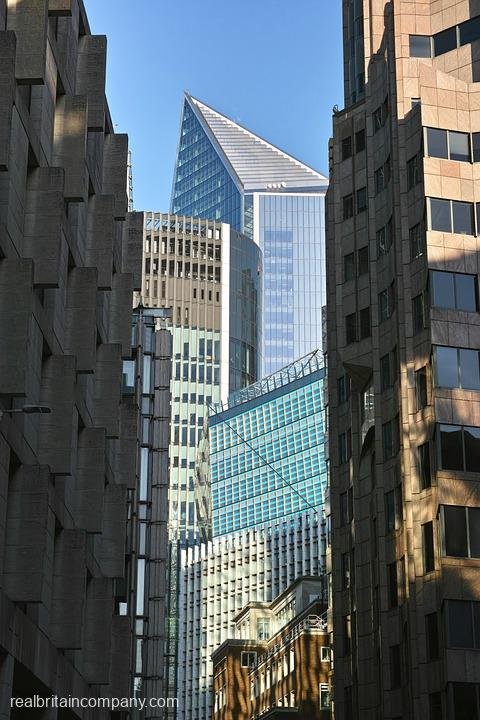
Welcome to a whirlwind tour of the British theatre, a story peppered with wigs, wars, and a healthy dose of the dramatic! British theatre has come a long way from the days of Shakespeare, where men played all the roles and the groundlings (the Elizabethan equivalent of today’s budget-conscious theatre-goers) munched on snacks while enjoying the latest play. Let’s embark on a time-travelling journey from the Globe Theatre to the glossy West End stages of today.
Our story begins with William Shakespeare, the rock star of the Elizabethan era, whose plays were the talk of the town. During this period, theatre was a bustling, vibrant affair, accessible to everyone from the aristocracy to the common folk. Shakespeare’s Globe Theatre in London was the hub of this theatrical frenzy, housing plays that left the audience in stitches or in tears. Shakespeare’s mastery in blending tragedy, comedy, and history cemented his legacy, laying foundational stones for British theatre.
Fast forward to the 1640s, the Puritans put a bit of a damper on the theatrical parade by closing down all theatres, deeming them to be cesspools of immorality. This hiatus lasted until the Restoration of the monarchy in 1660, which, quite fittingly, restored the vibrancy of theatre as well. The reopening of theatres introduced a significant change: women were finally allowed on stage, a revolutionary move that began with Charles II’s decree.
As we saunter into the 18th and 19th centuries, commercial theatre began to boom, thanks to the burgeoning middle class. Melodramas, comedies, and musical productions attracted diverse audiences, making theatre a lucrative enterprise. The era also saw the rise of iconic playwrights such as Oscar Wilde and George Bernard Shaw, whose sharp wit and social critique still resonate today.
The early 20th century marked a dramatic shift with the Modernist movement, shaking the very foundations of conventional theatre. Pioneers like Samuel Beckett and Harold Pinter introduced minimalism and the Theatre of the Absurd, diving deep into existential questions with their innovative plays. This era questioned and often broke down the fourth wall, ushering in a new level of audience engagement.
Today, the British theatre scene is as dynamic as ever, with a rich tapestry of genres and forms. From the grandiose productions in the West End to intimate fringe shows, there’s something for everyone. Contemporary playwrights like Phoebe Waller-Bridge and Simon Stephens continue to push boundaries, while revivals of classics bring timeless tales to new generations.
Digital technology has also made its mark, enhancing storytelling with groundbreaking effects and broadening accessibility through live cinema screenings. The pandemic may have dimmed the lights temporarily, but the resilience of theatre creators and enthusiasts alike has shown that the show will always go on, albeit sometimes on a digital stage.
As we’ve seen, British theatre has been many things over the centuries: a mirror to society, a hotbed for political discourse, an ever-evolving artistic landscape, and, above all, a source of entertainment and reflection. It has survived the test of time, adapting and growing with each epoch to retain its central place in the cultural fabric of the nation.
In essence, tracing the evolution of British theatre is like watching a magnificent tapestry being woven, with each thread representing a different era, movement, or innovation. We’ve journeyed from the captivating narratives of Shakespeare to the daring experiments of contemporary theatre, witnessing a realm that continuously redefines itself while keeping the essence of storytelling at its core.
From the quill of Shakespeare to the digital pen of today, British theatre continues to captivate, challenge, and charm audiences across the globe. Its journey mirrors the cultural, social, and technological shifts of the nation, reflecting the zeitgeist of each era while forecasting the murmurings of eras yet to come. Here’s to the ongoing saga of British theatre – may its stages forever be a home to the bold, the imaginative, and the profoundly human.
What’s your view on the future of British theatre? Will digital performances become the norm, or will the traditional stage experience prevail? Share your thoughts below!

